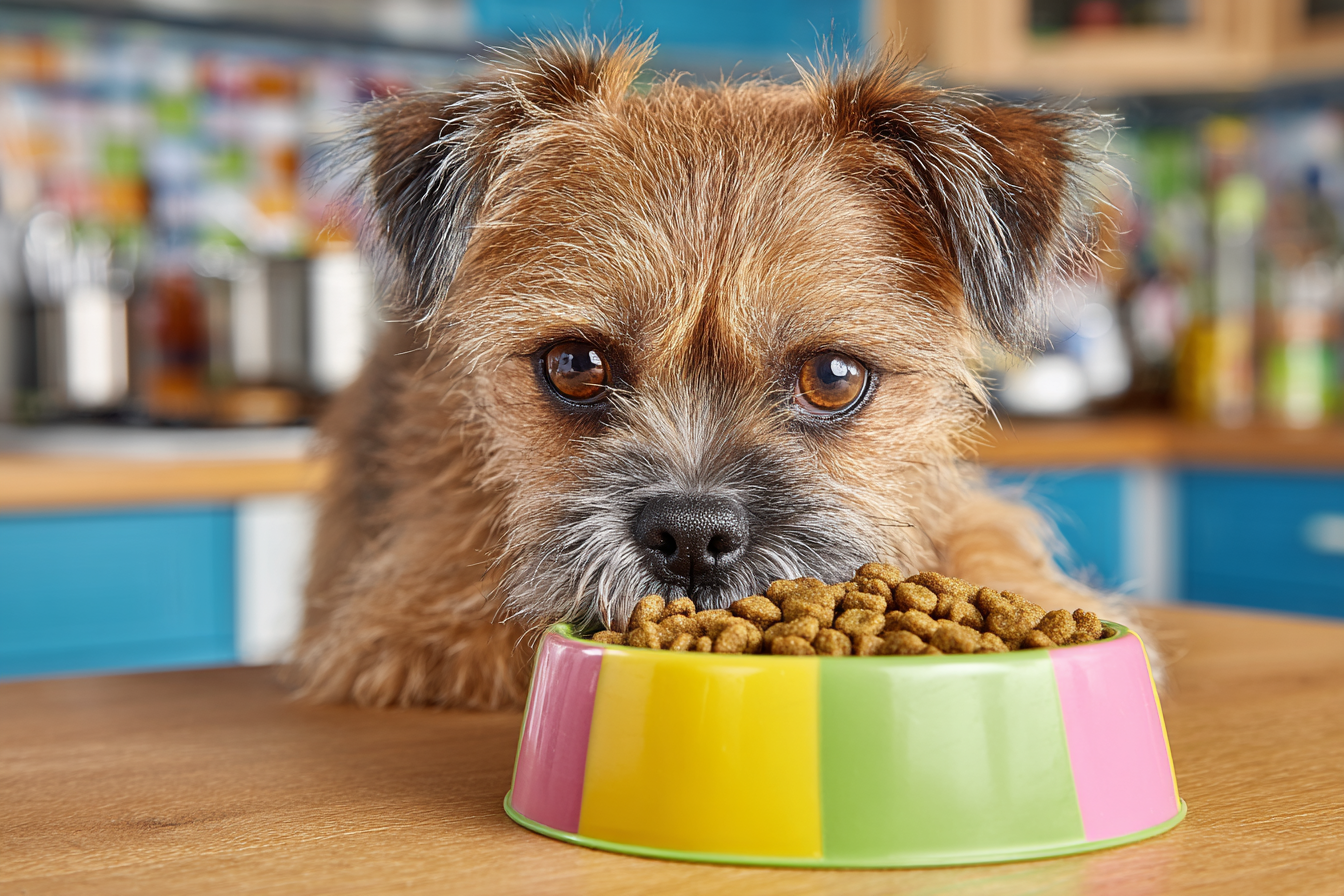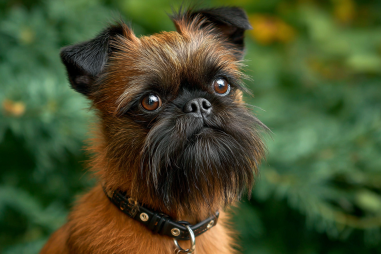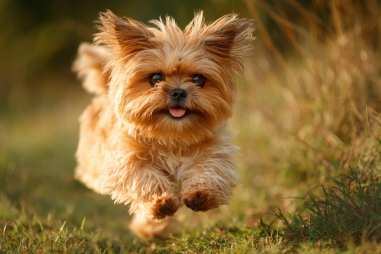Ensuring your Brussels Griffon receives proper nutrition is one of the most important ways to keep your furry companion healthy, energetic, and happy. Despite their small size, these lively and affectionate dogs have specific dietary needs that, when met, support their overall well-being and longevity. Understanding what to feed them, how much, and when can make a significant difference in their health.
Nutritional Needs of Brussels Griffons
Brussels Griffons are small but active dogs that require a balanced diet rich in quality proteins, healthy fats, and essential vitamins and minerals. Their metabolism is relatively fast due to their size and energy levels, so nutrient-dense food is key to meeting their dietary demands without overfeeding. Protein is especially critical as it supports muscle maintenance and repair, while fats provide a concentrated source of energy and help maintain a shiny coat. Carbohydrates serve as supplementary energy but should not be the primary source of calories.
Additionally, Brussels Griffons can be prone to dental issues, so foods that promote dental health, such as kibble with a texture that reduces plaque build-up, can be highly beneficial. Vitamins like A, E, and B-complex, minerals such as calcium and phosphorus, and essential fatty acids like omega-3 contribute to their immune function, skin, and joint health.
Recommended Dog Food Types and Brands
Choosing the right type of dog food for your Brussels Griffon depends on various factors including their age, activity level, and any specific health concerns. Here are the common types to consider:
- Dry kibble: Convenient and helps with dental hygiene, many premium brands offer small-breed formulas that cater to Brussels Griffons.
- Wet or canned food: Often more palatable and hydrating, this can be a good complement to dry food or a standalone meal for picky eaters.
- Raw diets: Some owners opt for raw diets to closely mimic their dog’s ancestral food intake, but this requires careful preparation to ensure balance and safety.
When selecting commercial dog food, look for products that list real meat as the first ingredient, avoid fillers like corn or wheat gluten, and are free from artificial preservatives and colors. Trusted brands that often come recommended for small breeds include Hill’s Science Diet Small Paws, Royal Canin Small Breed, Blue Buffalo Life Protection Small Breed, and Wellness CORE Small Breed. Always check for options formulated for small breeds, as kibble size and nutritional content are tailored to their needs.
Homemade Diet Considerations
If you choose to prepare homemade meals for your Brussels Griffon, it’s vital to create a balanced diet that covers all their nutritional requirements. This typically includes:
- Lean proteins like chicken, turkey, or fish
- Healthy carbohydrates such as sweet potatoes, brown rice, or quinoa
- Vegetables for fiber and vitamins, including carrots, peas, and green beans
- Healthy fats, through sources like fish oil or flaxseed oil
Many owners find success by consulting with their veterinarian or a canine nutritionist to formulate recipes that match their dog’s needs. Keep in mind that homemade diets require supplementation to avoid vitamin and mineral deficiencies. Regular health checks and possibly blood work are advisable to monitor overall health when feeding a homemade diet.
Feeding Schedule and Portion Control
Brussels Griffons should be fed smaller meals multiple times a day rather than one large meal. Their small stomachs and propensity for fast metabolism make two to three feedings ideal, preventing hypoglycemia—a condition common in toy breeds caused by low blood sugar.
Portion sizes depend on the dog’s weight, age, and activity level. As a general rule, a Brussels Griffon weighing around 8 to 12 pounds requires approximately 300 to 400 calories daily. However, consult feeding guidelines on the packaging of commercial food or your vet’s recommendations tailored to your dog’s condition.
Be mindful not to overfeed, as Brussels Griffons can easily gain weight due to their small size, leading to health issues like joint problems and heart disease. Measuring portions with a standard measuring cup and avoiding free-feeding helps maintain a healthy weight.
Foods to Avoid
Certain foods are toxic or harmful to Brussels Griffons and should never be offered:
- Chocolate: Contains theobromine, which is toxic to dogs.
- Grapes and raisins: Can lead to kidney failure.
- Onions and garlic: Can cause anemia by damaging red blood cells.
- Alcohol: Highly toxic and dangerous in even small amounts.
- Caffeine: Another stimulant harmful to dogs’ nervous systems.
- Excessive salt, sugar, and fatty foods: Can cause digestive upset and long-term health problems.
Additionally, avoid giving Brussels Griffons any cooked bones, as they can splinter and cause choking or internal injuries.
Supplements and Treats
While a well-balanced diet usually covers all of your Brussels Griffon’s nutritional needs, some supplements can support areas such as joint health, skin and coat condition, or digestion. Popular supplements include:
- Omega-3 fatty acids: Help maintain a shiny coat and reduce inflammation.
- Glucosamine and chondroitin: Support joint health, particularly important as they age.
- Probiotics: Promote a healthy digestive system and enhance nutrient absorption.
Before introducing supplements, it’s advisable to discuss them with your veterinarian to ensure safety and effectiveness.
When it comes to treats, opt for healthy options like small pieces of cooked chicken, specially formulated low-calorie treats, or fruits like blueberries or apple slices (without seeds). Treats should not exceed 10% of the daily calorie intake to prevent weight gain.
Feeding your Brussels Griffon properly is a rewarding part of caring for this spirited little dog. By focusing on high-quality nutrition, appropriate portion sizes, and avoiding harmful foods, you’ll help your furry friend thrive and enjoy many joyful years at your side.







